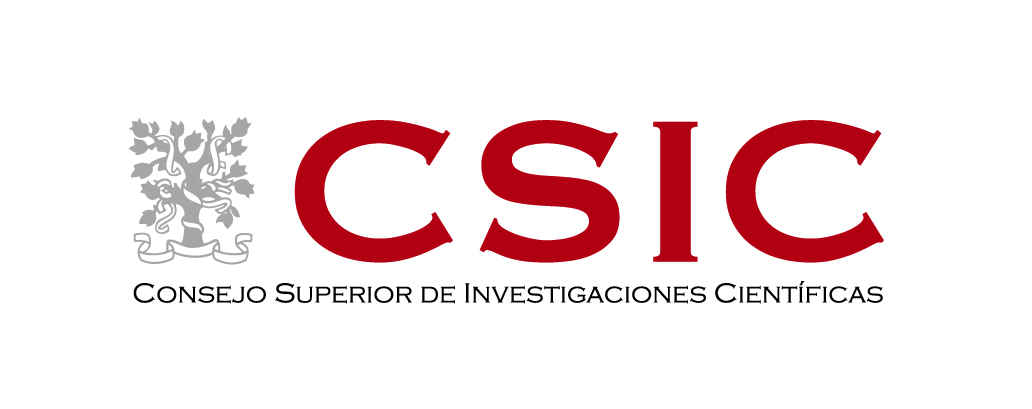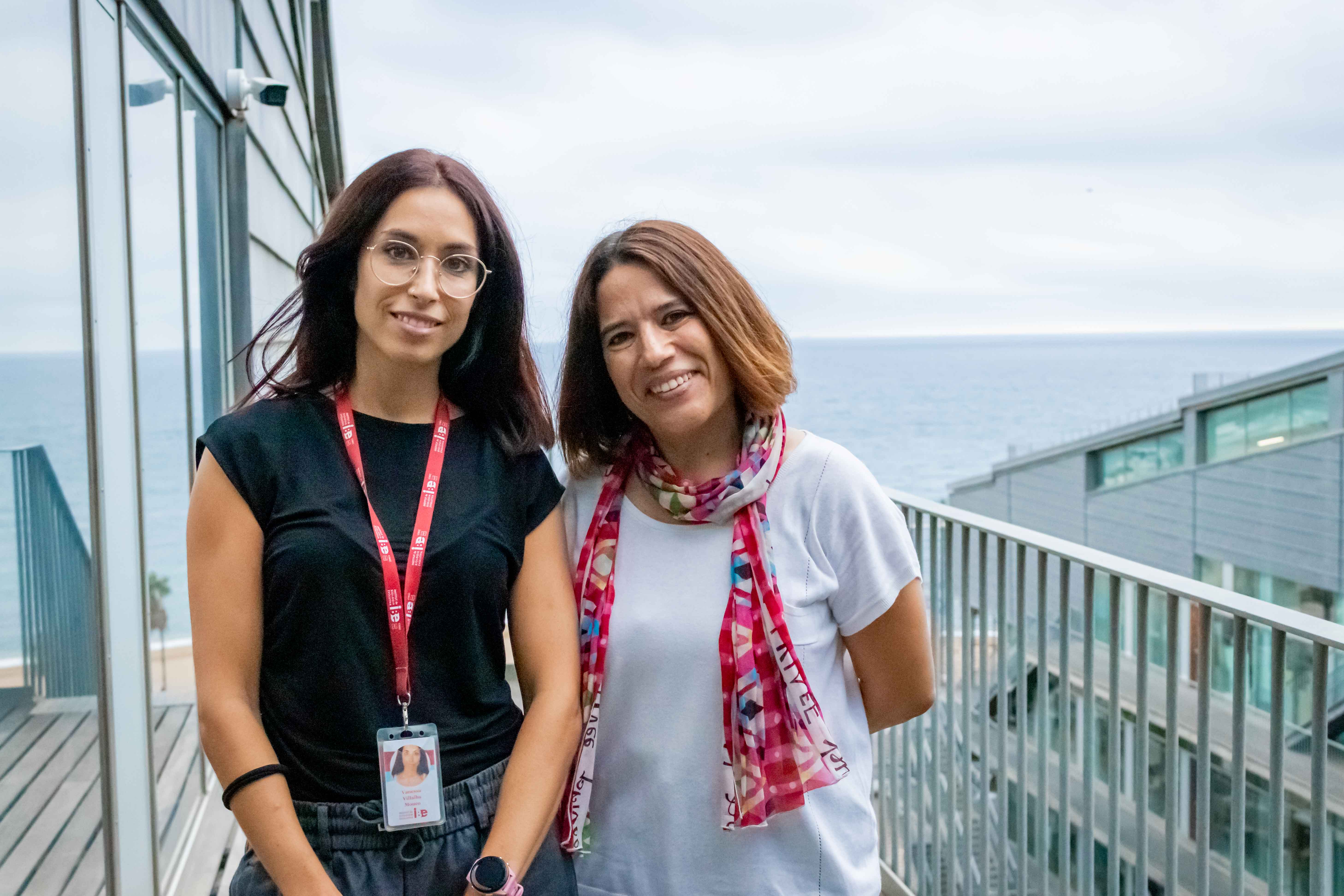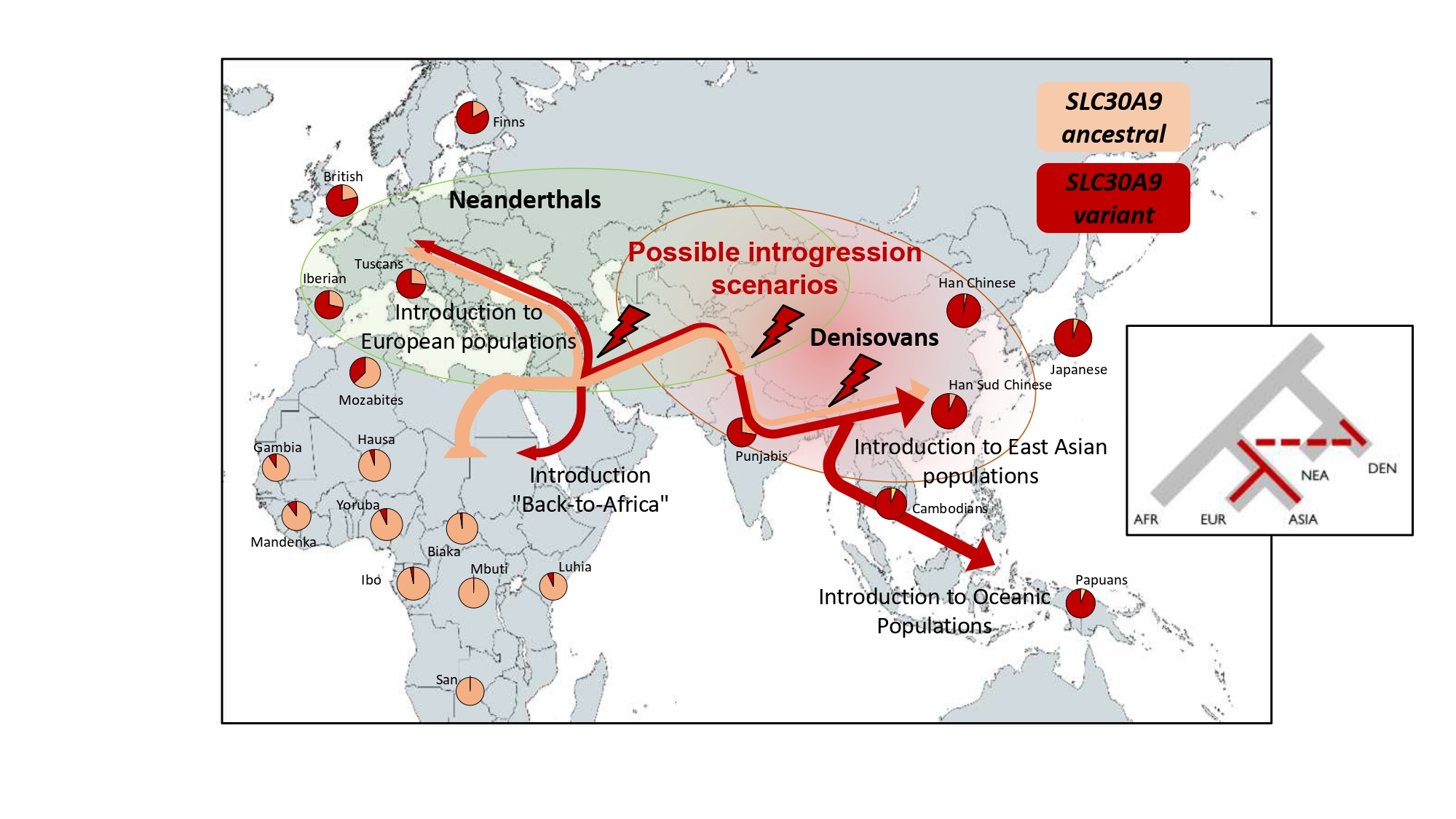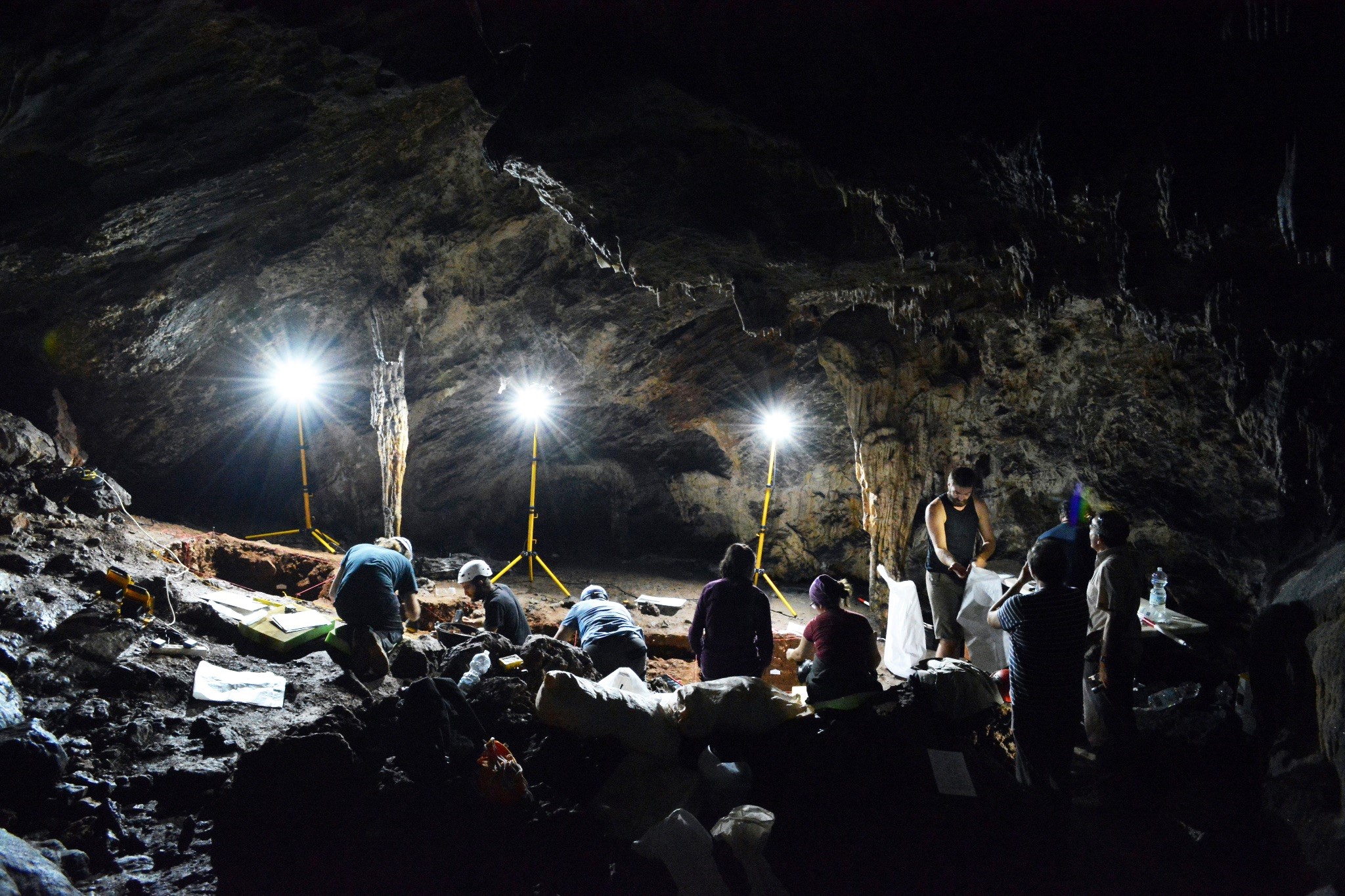Two IBE researchers are finalists for the Vanguardia de la Ciencia 2024 Awards
Science is full of SHEroes whose passion, work and creativity inspired Evolutionary Biologists of today.
As part of our commitment with society, the Institute of Evolutionary Biology (IBE, CSIC-UPF) wants to give credit and visibility to the achievements of female scientists in evolution.
To that aim, we launched the campaign #WhoisyourSHEro to share stories of women who had an impact in our researchers' scientific career through our social media and website.
The campaign keeps on moving as more and more women in evolution are inspiring the IBE community.
You can join the conversation through social media under the hashtag #WhoisyourSHEro.
With the collaboration of the Spanish Foundation for Science and Technology - Ministry of Science and Innovation.
 |
Two IBE researchers are finalists for the Vanguardia de la Ciencia 2024 Awards
The principal investigators from the Institute of Evolutionary Biology (IBE; CSIC-UPF), Vanessa Villalba and Elena Bosch, who is also an associate professor in the Department of Medicine and Life Sciences at Pompeu Fabra University (MELIS-UPF), have been selected as finalists for the Vanguardia de la Ciencia 2024 Awards.

The Vanguardia de la Ciencia Award has been held annually since 2010 to promote excellence in research, give visibility to the significant contributions of women in science, highlight their work, and position them as role models for future generations.
Both principal investigators from IBE, Elena Bosch and Vanessa Villalba, are finalists in this year’s awards with research that was published in 2023 and garnered widespread media attention.
Elena Bosch, a finalist for her research on the effects of the crossbreeding between 'Homo sapiens' and Denisovans
Elena Bosch, leading researcher at the Evolutionary Population Genetics Laboratory at the Institute of Evolutionary Biology (IBE: CSIC-UPF) and associate professor in the Department of Medicine and Life Sciences at UPF (MELIS-UPF), identified one of the most significant traces of Denisovan genetic heritage.
The team co-led by Elena Bosch and Rubén Vicente, associate professor, and principal investigator in the Molecular Physiology group of the Department of Medicine and Life Sciences at UPF, detected a gene involved in zinc regulation, key to the adaptation of Homo sapiens to cold, which could also have implications for mental health. You can read an interview about her research in La Vanguardia and her candidacy as a finalist.

Geographic distribution of the identified substitution to the SLC30A9 gene in current human populations and possible scenarios of Denissovana introgress. Ancestral SLC30A9 corresponds to the version of the gene before breeding between Denisovans and sapiens. The SLC30A9 variant refers to the version shared with Denissovans. Credit: Jorge Garcia and Elena Bosch. Creative Commons 4.0 license. Created with mapcharts.
Vanessa Villalba, finalist for her research on Iberia as a climate refuge during the Ice Age
Vanessa Villalba, principal investigator of the Archaeogenomics group at IBE, has led a study that places the Iberian Peninsula as a climate refuge during the Ice Age.
Based on ancient DNA analysis, this research shows how humans repopulated Europe from Iberia after the glaciation. You can read an interview about her research in La Vanguardia and her candidacy as a finalist.

Photo by Pedro Cantalejo: Research team at the Ardales Cave.
Vote for IBE research in the Vanguardia de la Ciencia 2024 Awards
Sponsored by the Catalunya La Pedrera Foundation and the Godó Group, the award is granted through a weighted vote between the opinions of La Vanguardia readers, who can vote for the finalist research, counting for 50%, and those of the prestigious scientific advisory committee, which selects from the presented research projects and accounts for the remaining 50%.
Voting for the finalists is open until October 20 through the following form: https://www.lavanguardia.com/vanguardia-de-la-ciencia/20240922/9950808/vota-finalistas-premio-vanguardia-ciencia-2024.html.
Referenced articles:
Villalba-Mouco, V., van de Loosdrecht, M. S., Rohrlach, A. B., et al. (2023). A 23,000-year-old southern Iberian individual links human groups that lived in Western Europe before and after the Last Glacial Maximum. Nature Ecology & Evolution, 7(4), 597–609. https://doi.org/10.1038/s41559-023-01987-0
Posth, C., Yu, H., Ghalichi, A., et al. (2023). Palaeogenomics of Upper Palaeolithic to Neolithic European hunter-gatherers. Nature, 615(7950), 117–126. https://doi.org/10.1038/s41586-023-05726-0
Roca-Umbert, A., Garcia-Calleja, J., Vogel-González, M., Fierro-Villegas, A., Ill-Raga, G., Herrera-Fernández, V., et al. (2023). Human genetic adaptation related to cellular zinc homeostasis. PLoS Genetics, 19(9), e1010950. https://doi.org/10.1371/journal.pgen.1010950
